Campus Sustainability News
News on campus sustainability initiatives, emerging programs, rankings, awards, student initiatives, green teams, and more from across the Cornell University campus.

Cornell laboratories reduced energy use by targeting freezers in the international Freezer Challenge, which encourages friendly competition between research-intensive laboratories that rely on cold storage.
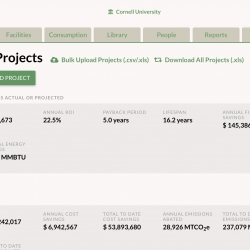
Deep investments in energy efficiency at Cornell have led to financial and energy savings, and reductions to our carbon footprint. The University has invested in a decades-long Energy Conservation Initiative (ECI) with staff who implement carbon-saving measures such as lighting, heating, and other energy upgrades. A new portal captures individual projects and their collective impact.
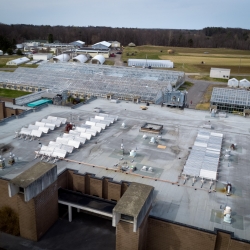
The Guterman Research Center now joins the Nevin Welcome Center at Cornell Botanic Gardens and the Combined Heat and Power Plant as the only sites of solar thermal systems on the Ithaca campus.
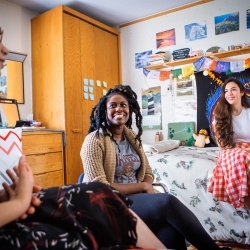
The Residential Sustainability Leaders are launching a Green Room Certification pilot this Spring. Help us test the certification - and make your living space more sustainable - by being one of the first to sign up.

Join Cornell in participating in the 5th annual International Laboratory Freezer Challenge. Participating labs will compete against fellow Cornell labs as well as laboratories around the world as they are guided in implementing best practices in cold storage management to achieve greater energy efficiency, sample integrity, and sample access.
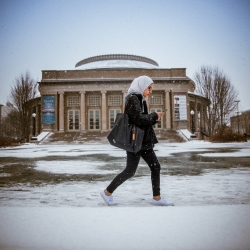
What was the impact on campus energy use from reduced on-campus student presence and workforce, and changed operations, during the 2020 COVID pandemic? Diving into data from the campus energy dashboard, a decline in energy consumption was offset by increased air handled and ventilation in campus buildings.
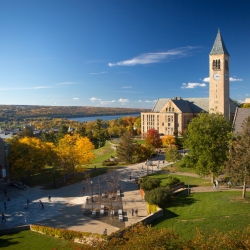
At a virtual community forum Jan. 19, a Cornell faculty and staff panel outlined the next steps for testing Earth Source Heat (ESH), the process by which water would be extracted from the Earth’s crust, its heat transferred to a separate supply of water flowing within Cornell’s heating distribution pipeline to heat most of the Ithaca campus buildings, and the original geothermal water returned to the subsurface
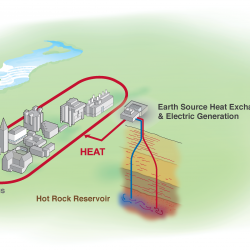
If Cornell can demonstrate it's feasibility and really make some headway with this enhanced geothermal system, it could be put into use in many parts of the Appalachians, and potentially in similar locales around the world.

Volunteer as an Energy Navigator! Accepting applications for the 2021 cohort. Application deadline: March 19th, 2021 .

Cornell University will host a virtual community forum on Tuesday, January 19 from 6 to 7 p.m. to provide an update on the enhanced geothermal heating project which is central to the Climate Action Plan.
